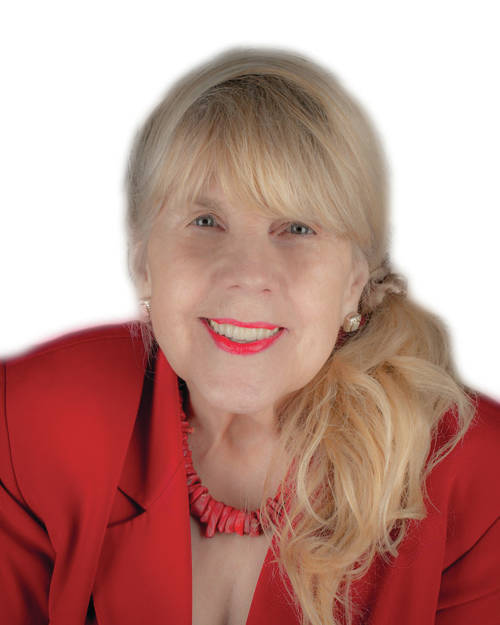
Robert Castillo, a friend of mine for two decades, is willing to share his story, and I want to be his scribe. Each alcoholic has his/her own story.
Robert recalls a time when he was 10 years old and decided to play football with his friends prior to going home after school to do his regular chores. When he went home later, his alcoholic father hit him so hard with a closed fist that he landed across the room. Robert’s uncle, George, 6 foot 4 inches, 250 pounds with 19.5 inch biceps, intervened, “If you ever hit him again, I’m going to hit you.”
Robert’s dad’s response was, “You can’t do that.”
And George rejoined, “You cannot hit him again.” And that ended that pattern of abuse.
A little background on Robert’s father might help. He was the third child born out of wedlock, and he entered this world to the man of the house shouting, “We won’t raise a bastard child.” The newborn was sent to a town called Tranquility, California, to live with a grandmother who felt that it was appropriate discipline to chain a child up and when necessary, whip him with the chain. At age 12, he escaped and walked 192 miles to Salinas, California.
Fast forward. It’s 1962 and Robert is a freshman at Los Banos High School which is located near a shipping center for cantaloupes and other farm produce. Hoboes abound at the rail station and are willing to purchase booze and cigarettes for school kids in exchange for a few bucks. Robert begins to experiment with beer, his choice of beverage, and learns soon that six a day will work to swallow the pain of what is going on at home. And he knows in short order that one is never enough.
Fast forward. On July 5, 1966, Robert enlists in the U.S. Army shortly after his mother dies. By age 20, he is stationed at the 70th Medical U.S. Army Unit (January 1967-March 1969) in Okinawa, known as “the world’s largest drugstore.” The Vietnam War is in full swing, and the warehouse at that location has two sections: one for controlled substances and whiskey, I.e., rot gut, in the other in five-gallon U.S. Army-green cans with yellow letters.
Robert is working for the base colonel at that location and has access to the liquor. He uses it to barter: steaks for whiskey, pretty girls for whiskey, whiskey for whatever.
In Robert’s company, there is a special job to be done with the body parts of the remains of the men who are coming back from Vietnam, a leg, an arm, a smashed head. The location of the work? A large stainless steel facility with two drains in the floor, one for blood and one for the water used to wash the body parts.
Robert reports, “The soldiers assigned to that facility were allowed to drink as much whiskey as they wanted, all day long- and I delivered it. There was no way to tell which dog tags belonged to which body parts. The job was to get the requisite number of parts in a body bag, place them in an air-tight tube, stack the tubes according to rank from lowest to highest, load them on C –141s and get them to Naha or Kenda Air Base and them finally home to the U.S. and their mamas.”
Robert says, “These kids were my same age. I was just looking at pieces of human beings ripped apart. I grew up real fast, and I drank.”
Fast forward. Robert is hauling beef cattle in nine western states and notes, “When you’re with cowboys, most of Latin descent, you drink every night. And some drank days. The best truck driver I ever knew drank days, two quarts of vodka every three day, with no chasers.”
And after this, tt was a marriage, children, working for AT&T, and a son diagnosed with lupus in 1989 with all that follows that diagnosis: endless trips to medical facilities, chemotherapy, radiation. “And I was always there for him.”
And then there was a divorce, and a marriage to “a woman who despised my children and told me so.”
Robert started therapy and on Aug. 12, 1990, he had his last drink. “I stopped cold turkey. My therapist told me that I would need AA. I left after 10 minutes of my first meeting and after 15 minutes of the second meeting.
“Everybody was on my ass to drink. My brothers, all alcoholics and all now deceased, said stupid stuff to me, ‘Be a macho man.’ My friends said, ‘Just one beer.’”
He affirms with not a little fierceness in his voice, “I am an alcoholic. I am a man. I am a Mexican man. It’s hard to just walk away. I know the humiliation alcoholics feel. I quit because I loved my sons and daughters.
And then… Robert is living in Atlanta with his new wife when he gets a call in May of 2007 from his oldest daughter, “Daddy, Daniel’s dead. He hung himself.” Daniel was 27.
And Robert asks, “How could my beautiful boy take his life?”
His then wife charts the course for going to San Antonio, “We’re going to go and come straight back.” They stayed at the wake for 45 minutes and watched his son’s casket being lowered, got on a plane that afternoon, and returned to Atlanta.
And within 30 days, there was another phone call. Robert’s son Nicholas, 28, had hanged himself, and his brother Aaron had taken him down from the same garage where Daniel had died.
And the pressure was on from persons with whom Robert worked: Why did he do it? If you need anything, just ask. What caused it?
In response to one of the multiple queries, Robert said, “God dammit. Tell me with your infinite wisdom. If I knew, would I miss them any less? Would it heal the hole in my heart?”
Robert concludes our interview by telling me, “Vivian, you know decades ago when we bought those disposable cameras, used them, and then dropped them off at the drugstore to be processed and picked the photos up later? At times, some of the pictures were pretty; at times some were blank or dark with no image? My life is like that, and those in recovery will understand the analogy.
“I go to the cemetery in San Antonio where Daniel and Nicholas are buried. I’ve had a bench installed there with their names. I clean the bench and their graves. I put out new flowers as the seasons pass. I sit and remember them. My life is an act of forgiving, forgetting, letting go, staying in recovery.”
Vivian B. Blevins. Ph.D., teaches telecommunication employees from around the country and students at Edison State Community College and works with veterans. You may reach her at 937-778-3815 or [email protected].




